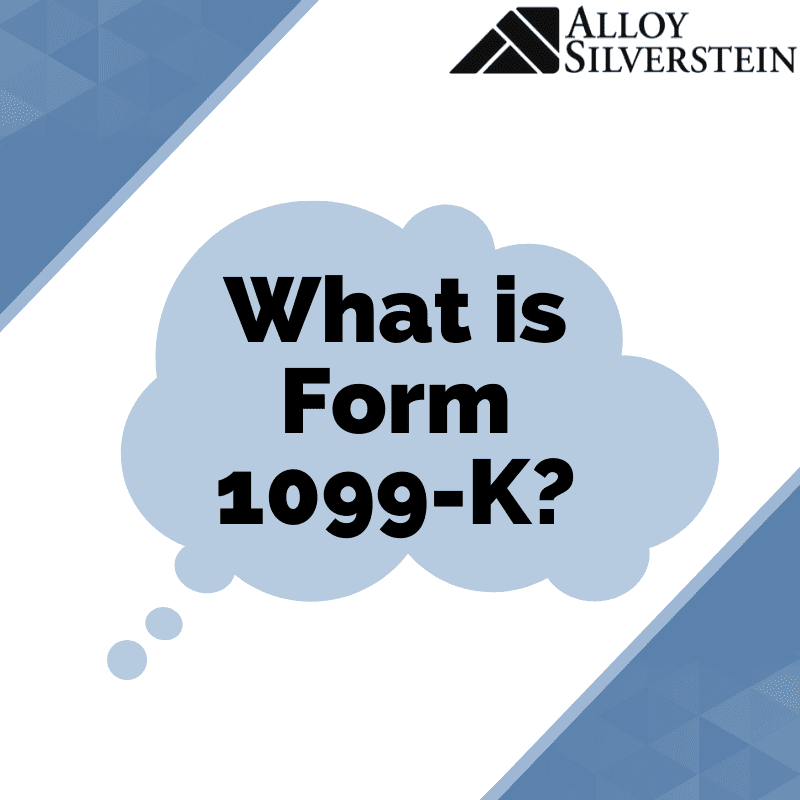The IRS is reporting that it will be comparing filed 1099-Ks against income reported on business tax returns (including those reported on 1040 Schedule C tax returns). Knowing how this impacts you can save you an unwanted IRS correspondence audit.
Background on 1099-K
A couple of years ago the IRS introduced the 1099-K. This new informational tax return is meant to capture sales activity of previously unreported credit card transactions from places like e-bay and Amazon. Credit card processors are now required to report these transactions to you and the government if you have 200 or more transactions and over $20,000 in billing activity.
What is happening now
The IRS is now going to be comparing these filed 1099-Ks with the income reported by those receiving the form. If their computer audit shows you have not reported income sufficient enough to cover the activity on the 1099-K you will receive a letter asking for an explanation.
What you need to know
- 1099-Ks could include more than income. Since your 1099-K comes from a credit card merchant processor, whatever is on that credit card transaction is included on the tax form. This means it can often include sales tax receipts that have been passed on to your state. If you only record the income portion of the 1099-K, you may run the risk of under-reporting your 1099-K causing an underreporting audit.
- Sole proprietors using a Schedule C do not have a place to report 1099-K activity. If you are a sole proprietor, your business activity is reported on a Schedule C. There is not a separate line to report 1099-K activity. Given this, the problem with sales tax previously mentioned can become even more complicated.
- Make sure you do not double count. Remember 1099-K is credit card transaction activity that may also be reported within other types of 1099 reporting. You must make sure that Gross Revenue on your tax return matches the revenue on your business books.
- Leverage the IRS matching knowledge.Knowing that the IRS is going to run an automated underreporting match using 1099-K information, here are some suggestions;
- Make sure your Gross Income (gross receipts) surpasses the amounts shown on all related 1099 transactions. Focus on your 1099-MISC and 1099-K activity.
- Reduce your gross 1099-K activity to account for non-revenue transactions on a separate line and note what the activity represents. Do not net out the non-revenue portion of 1099-K activity as this may cause a mismatch for the IRS comparison program.
- Double check your book income against your tax return and make sure you can tie them to each other. Pay special attention to ensure your 1099-K activity is not over-stating your revenue.
Should you receive a correspondence audit from the IRS concerning a 1099-K call for help. Remember, this process will be new for them as well as for you.
